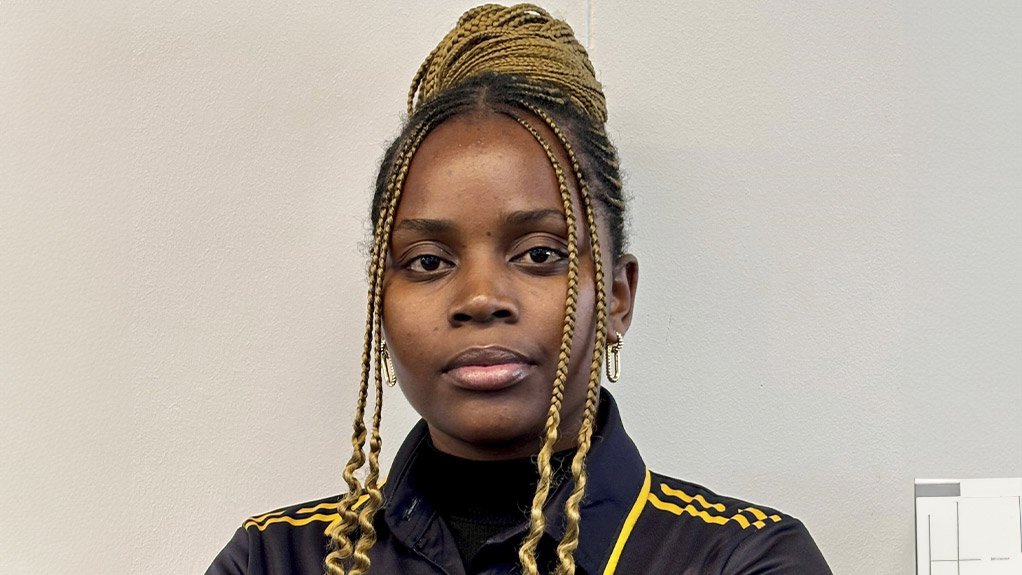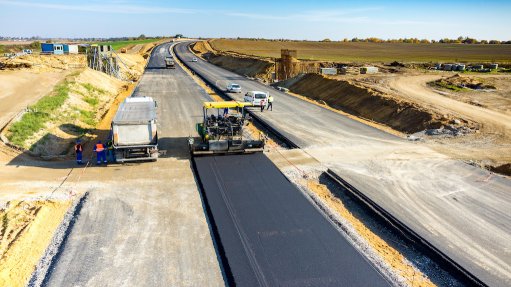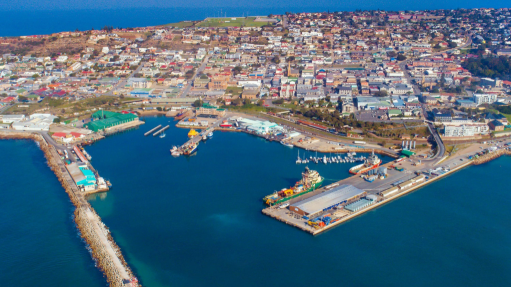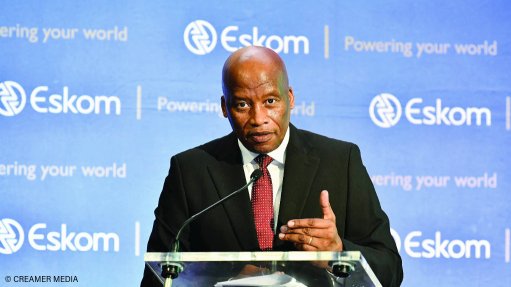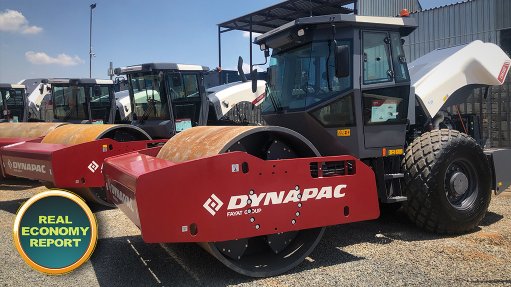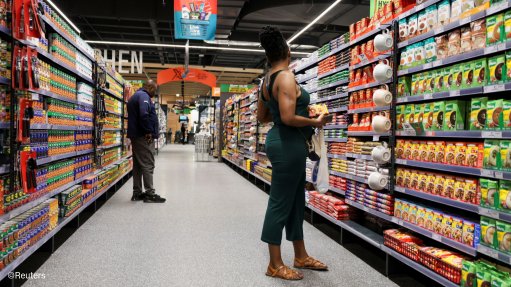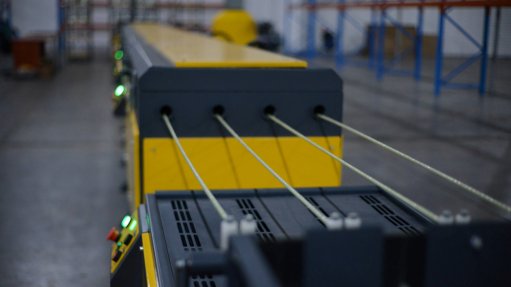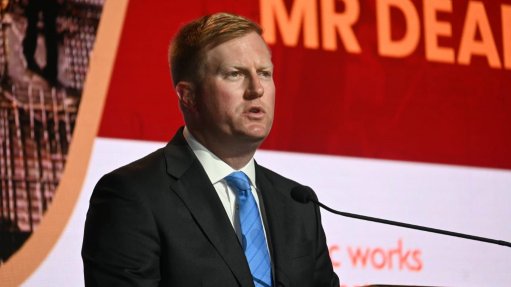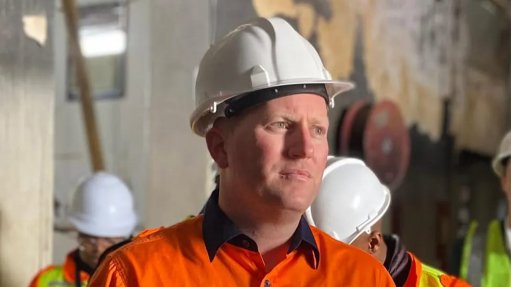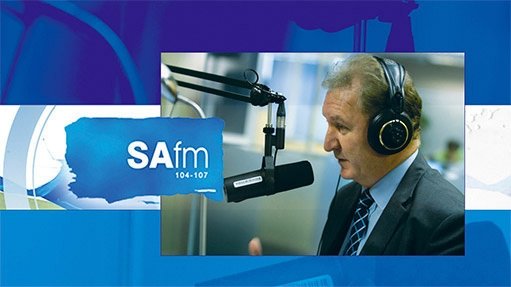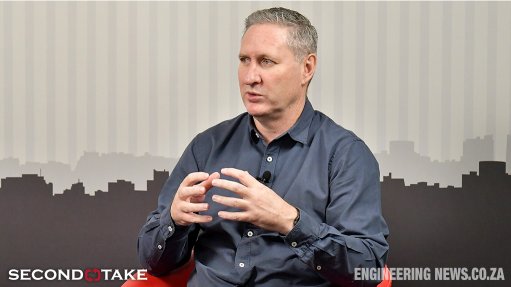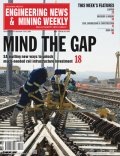Cultivating inclusive and green transport systems in Africa
This article has been supplied by the author and has not been written or solicited by Creamer Media. It may be available only for a limited time on this website.
By: Pretty Sibiya - Highways Engineer at WSP in Africa
People’s transport choices are shaped by safety, accessibility and socio-economic factors. Many African countries lack the infrastructure necessary to provide safe, reliable and sustainable public transport systems, leaving citizens with limited options in cities and even fewer options in rural areas. Yet the continent is not alone, as the provision of transport that enables everyone to participate in socio-economic life remains unmet in many places.
For women, girls, gender-diverse individuals and other marginalised identities, transit environments are often less welcoming and more difficult to navigate, impacting mobility and exacerbating existing inequalities. In addition, the gendered aspects of transport have not been considered within decarbonisation strategies as cities seek to reduce carbon emissions. However, many of the challenges affecting the safety and mobility of women and other marginalised identities also limit the adoption of sustainable transport modes - a critical step to reach net zero.
Gender-responsive transport is intersectional
An intersectional approach to planning and designing transport systems reveals how different aspects of identity shape users’ lived experiences. An intersectional approach recognises that each individual's interaction with public spaces and transport is unique, determined by their specific needs, demographic backgrounds, lived experiences and circumstances.
For example, the intersection of different identities can heighten the risk of encountering harassment or abuse and can modify the nature of these experiences. Research indicates that women from culturally diverse backgrounds face sexism and harassment that are more likely to be influenced by racial factors. Individuals with disabilities are more likely to experience higher rates of sexual harassment and assault. Understanding that gender-responsive transport is intersectional is the first step towards accommodating more diverse needs and supporting a safe, inclusive transition to sustainable modes and decarbonisation.
Inclusive decarbonisation is crucial
Decarbonising transport is generally more complex than decarbonising energy systems. This is due to technological maturity and behavioural change. Technological maturity – notably for electric vehicles (EVs) and hydrogen – is still developing, and these technologies face challenges concerning efficiency, affordability and infrastructure, even in developed countries.
Behavioural changes – by which we mean modal shift and changes to vehicle use, in particular related to charging – need to be fostered through the planning and design of inclusive transport systems, encouraging modal shift and EV uptake.
In many African countries, these challenges are exacerbated by an already substantial infrastructure deficit, and poverty. For example, StatsSA’s National Household Travel Survey 2020 indicated that 10,7 million South Africans make use of mini-bus taxis to travel – these being the most affordable, accessible and efficient way to travel if one doesn’t own a vehicle. Trains were the least-used mode of travel, especially outside Gauteng and the Western Cape, while only 6,2 million South Africans drive a car or truck.
These statistics imply that behavioural change is largely out of the hands of the average South African. The mini-bus taxi industry is private and operates under extremely tight profit margins, making the adoption of EVs a challenging conversation to have with individuals and fleet operators. Similarly, though adopting more sustainable technology when implementing new infrastructure projects presents an opportunity, the affordability of these new technologies can be prohibitive.
Accelerating decarbonisation requires a change in the way people travel. Providing inclusive transport services and infrastructure that address gendered differences in travel behaviour can encourage people to shift to more sustainable ways of travelling, thereby speeding up decarbonisation. In Africa, the adoption of sustainable transport infrastructure to provide much-needed public transport options will be critical.
Integrating gender with transport decarbonisation
Until recently, issues related to gender, transport and climate change have been viewed as unrelated challenges. However, these issues are interconnected, with various social and environmental factors overlapping and impacting diverse groups differently. As Africa seeks to overcome its infrastructure deficit, adopting a holistic approach will allow communities to identify solutions that address multiple goals simultaneously, enhancing long-term viability and catalysing progress in multiple domains.
Integrated solutions that consider affordability, accessibility and safety to provide more equitable systems are critical for meeting climate targets and enhancing interventions overall. Designing equitable transport systems through a gendered lens to empower women and gender-diverse individuals to choose their transport mode is essential. Addressing these challenges simultaneously can create safer public spaces, promote greater decarbonisation and yield other societal benefits from a systems perspective.
At WSP, we advocate for a systems-based approach to foster transport that is both inclusive and green. Systems thinking ensures that all the elements and desired outcomes of a transport system are considered holistically, while also future-proofing transport infrastructure projects on the continent. Measures should include community engagement - active listening, engagement with diverse groups, and using personas to understand the felt and seen impacts of exclusion.
Without a systems approach, improvements in one area of the system can inadvertently worsen another, leading to unintended consequences and hindering the achievement of accessible, equitable and sustainable transport networks. Systems-thinking opens up opportunity to embrace inclusion and equal access, to create transport for all, which is essential to advancing sustainable communities.
This article by Pretty Sibiya aims to provide a summary of WSP Transport & Infrastructure insights paper, Cultivating Inclusive and Green Transport. Read the paper.
WSP in Africa is hiring! To find out more about available opportunities, check out the Careers page on our website or look out for updates on our LinkedIn page, @WSPinAfrica.
Comments
Press Office
Announcements
What's On
Subscribe to improve your user experience...
Option 1 (equivalent of R125 a month):
Receive a weekly copy of Creamer Media's Engineering News & Mining Weekly magazine
(print copy for those in South Africa and e-magazine for those outside of South Africa)
Receive daily email newsletters
Access to full search results
Access archive of magazine back copies
Access to Projects in Progress
Access to ONE Research Report of your choice in PDF format
Option 2 (equivalent of R375 a month):
All benefits from Option 1
PLUS
Access to Creamer Media's Research Channel Africa for ALL Research Reports, in PDF format, on various industrial and mining sectors
including Electricity; Water; Energy Transition; Hydrogen; Roads, Rail and Ports; Coal; Gold; Platinum; Battery Metals; etc.
Already a subscriber?
Forgotten your password?
Receive weekly copy of Creamer Media's Engineering News & Mining Weekly magazine (print copy for those in South Africa and e-magazine for those outside of South Africa)
➕
Recieve daily email newsletters
➕
Access to full search results
➕
Access archive of magazine back copies
➕
Access to Projects in Progress
➕
Access to ONE Research Report of your choice in PDF format
RESEARCH CHANNEL AFRICA
R4500 (equivalent of R375 a month)
SUBSCRIBEAll benefits from Option 1
➕
Access to Creamer Media's Research Channel Africa for ALL Research Reports on various industrial and mining sectors, in PDF format, including on:
Electricity
➕
Water
➕
Energy Transition
➕
Hydrogen
➕
Roads, Rail and Ports
➕
Coal
➕
Gold
➕
Platinum
➕
Battery Metals
➕
etc.
Receive all benefits from Option 1 or Option 2 delivered to numerous people at your company
➕
Multiple User names and Passwords for simultaneous log-ins
➕
Intranet integration access to all in your organisation



